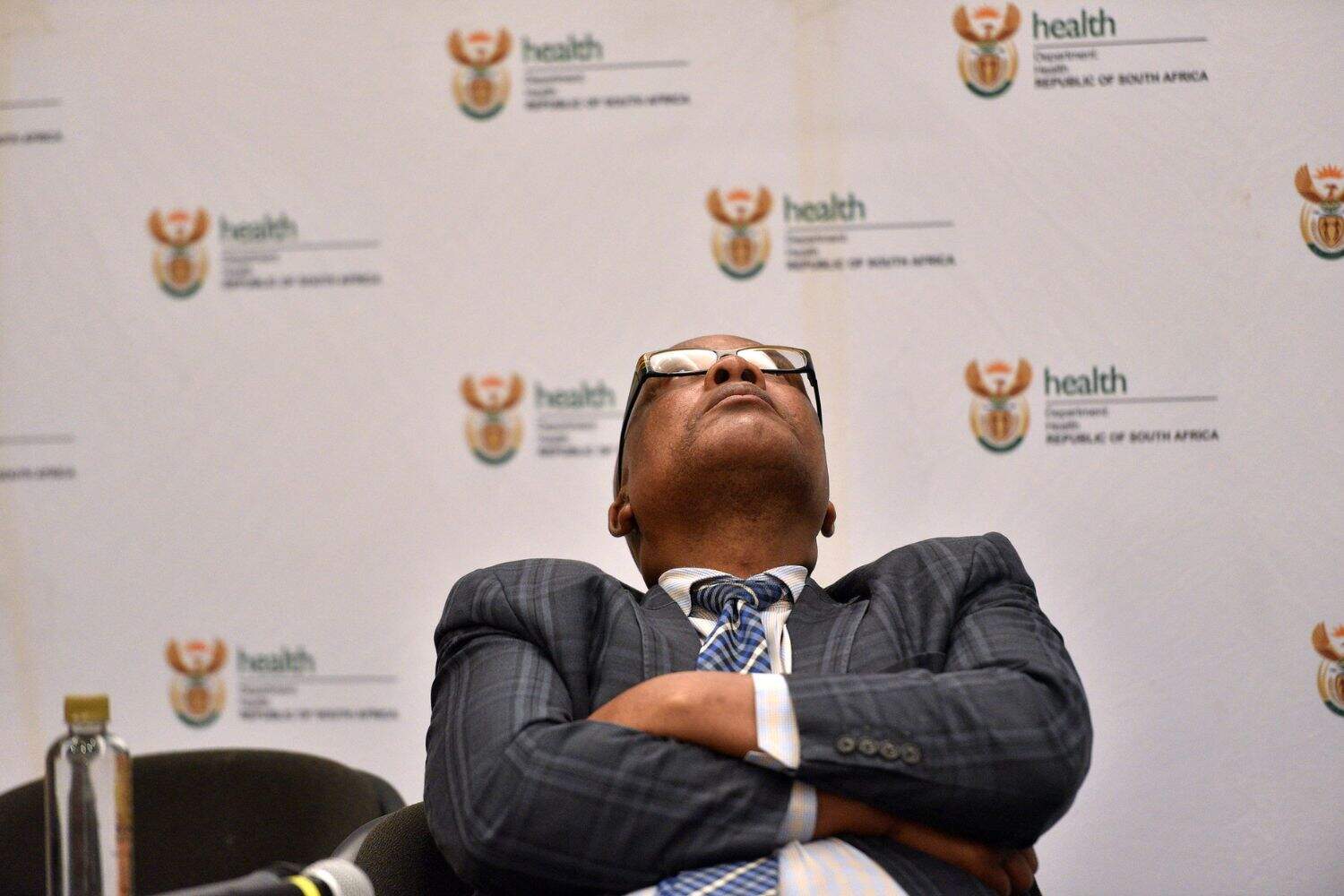Treatment is still provided to those who cannot produce documents to verify their identity.

Health Minister Aaron Motsoaledi says his department does not track the number of foreign nationals using public healthcare facilities.
Motsoaledi revealed this in a recent written parliamentary reply to ActionSA MP Tebogo Letlape, who had asked for the total number of documented and undocumented foreign nationals recorded as accessing public healthcare in the past five years.
Letlape also wanted to know how many illegal immigrants had been reported to the Department of Home Affairs by healthcare facilities, as required by law.
Motsoaledi on foreign nationals using public healthcare facilities
In his response, Motsoaledi explained that provincial health departments keep no such records – and that the same applies to undocumented South Africans.
“In accordance with Section 27 of the constitution of the Republic of South Africa, everyone has the right to access healthcare services, including reproductive healthcare, and no one may be refused emergency medical treatment.
“Health care is provided based on clinical need, not on nationality or documentation status,” he said.
Addressing the question about reporting to Home Affairs, the minister said while patients are requested to provide identification to verify their identity, treatment is still provided to those who cannot produce such documents.
“The patient administration and records systems utilised in public health facilities across the country do not classify or record individuals as South African or foreign and are therefore unable to provide a total number of undocumented people who accessed healthcare services over the past five years.”
ALSO READ: ‘We’ve not broken any laws’: Operation Dudula to press on with ID checks after members freed on warning
Motsoaledi also highlighted that many South African citizens also access healthcare without identification, often because they have no ID issued by Home Affairs or any other official authority.
“This makes it impossible to determine whether such undocumented patients are foreign nationals or not.”
He added that civil registration systems across Africa remain underdeveloped and are “lagging behind”.
Egypt leads the continent with a civil registration rate of 98%, followed by South Africa at 89%, according to the minister.
“This means that 11% of South Africans are also undocumented, but cannot said to be illegal in their own country. Some countries on this continent are still between 1% and 5% registered.”
Practitioners employed in public health sector
A separate parliamentary reply highlighted significant shifts in the number of health practitioners employed in South Africa’s public health sector over the past five years, with certain provinces recording growth while others seeing declines.
Motsoaledi provided a breakdown from the Persal system detailing the total number of active health professionals by province and category – namely nursing professionals, medical practitioners, and other health professionals – between April 2020 and March 2025.
The figures for the 2024/2025 financial year showed KwaZulu-Natal (KZN) employed the highest number of nursing professionals at 32 151, followed closely by Gauteng with 30 456.
Gauteng also leads in medical practitioners (7 268) and “other health professionals” (5 748).
READ MORE: Motsoaledi announces 1 650 new healthcare jobs and R1.3bn to be spent on hospital equipment
Moreover, KZN saw sustained growth in nursing staff since 2020, though numbers for medical practitioners dropped slightly from a peak of 5 938 in 2021/2022 to 4 868 in the most recent year.
Free State experienced a steady decline in nursing staff from 8 264 in 2021/2022 to 7 283 in 2024/2025, while Limpopo saw a drop from 16 625 in 2021/2022 to 14 807 in 2024/2025.
Mpumalanga’s nursing workforce also decreased slightly after peaking in 2021/2022.
The Northern Cape consistently has the smallest personnel, with only 2 544 nursing professionals, 521 medical practitioners, and 667 other health professionals in 2024/2025.
Support Local Journalism
Add The Citizen as a Preferred Source on Google and follow us on Google News to see more of our trusted reporting in Google News and Top Stories.








